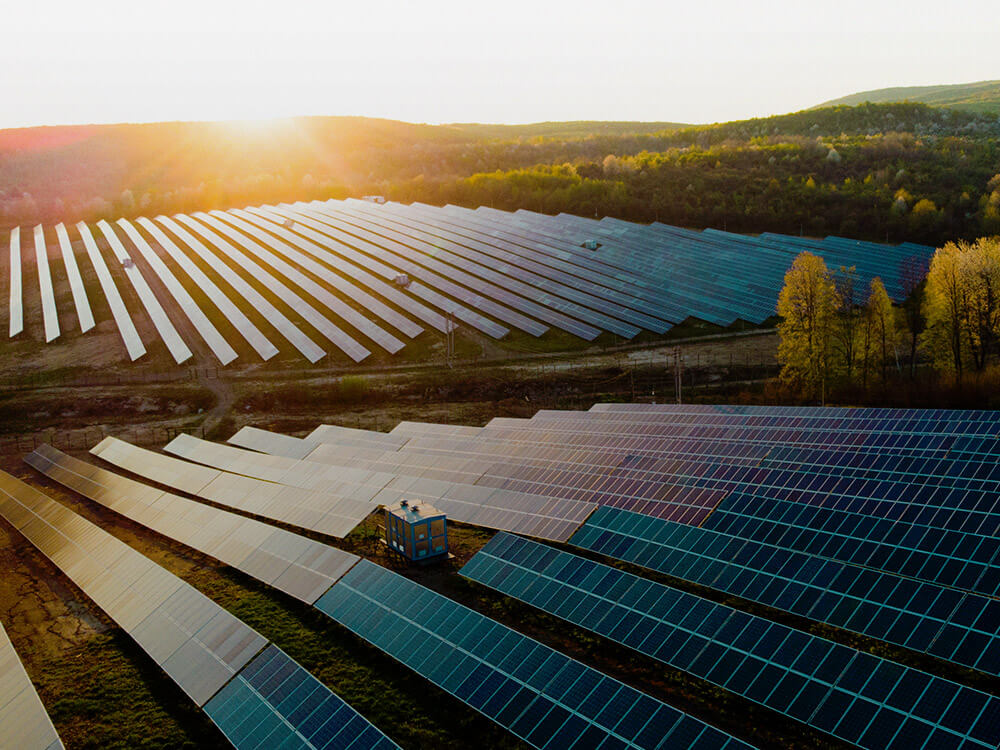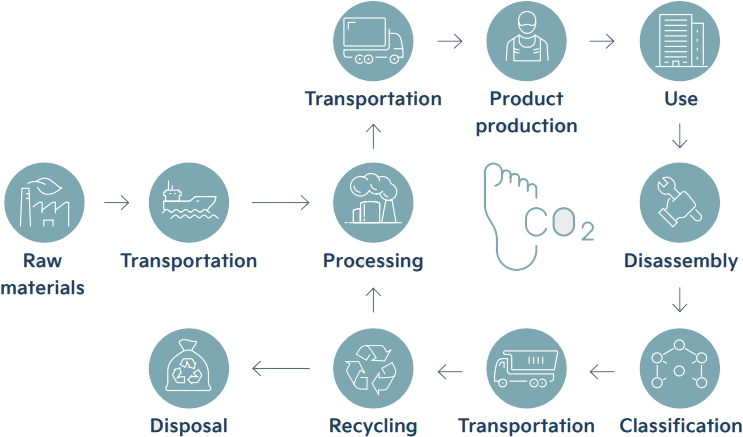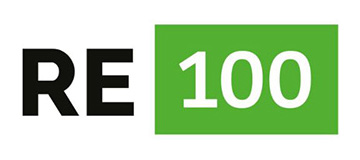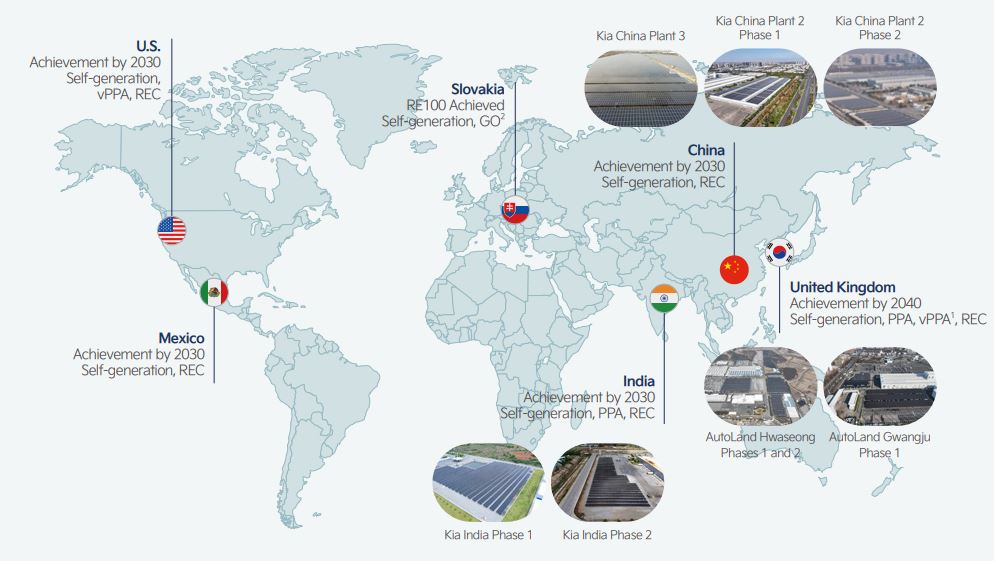
Our Response to Climate Change
Our Response to Climate Change
Carbon Neutrality Declaration
Our goal is to mitigate our carbon emissions by 97% compared to the level of 2019 by 2045. As for the remaining amount, we will come up with offset measures, thereby reaching net-zero emissions in all stages from supply and manufacturing to logistics, use, and disposal.
Sustainable Energy
Higher energy efficiency,
conversion to renewable energy
Sustainable Mobility
Development of green products
and wider distribution of them,
encouraging car bon mitigation
within supply chain
Sustainable Planet
Establishment of a recycling
virtuous circulation system
Roadmap for Carbon Neutrality
Declared our commitment to carbon neutrality (November 11, 2021)
Phase 1 2022~2025
Lay the foundation for carbon neutrality
- Select goals and strategic tasks by value chain
- Draw up a management system (KPI, system, etc.) and expand to overseas operations
Phase 2 2026~2040
Take a leap towards a leading player in carbon neutrality
- Achieve RE 100 in business sites (overseas by 2030, domesitic by 2040)
- 100% electrification of Europe and major markets
Phase 3 2014~2045
Reach carbon neutrality
- 100% global electrification
- Expand the use of eco-friendly energy sources (hydrogen, etc.)
LCA (Life Cycle Assessment)
The carbon emissions of automobiles should take into account not only the direct emissions that arise during the operation stage, but also the indirect emissions that emerge throughout the entire process, from raw material extraction, component fabrication, vehicle assembly, energy source production, maintenance, disposal, and transportation between each stage.
We are performing a life cycle assessment (LCA) to appraise and measure the environmental impact in a holistic manner. Through the outcomes of the life cycle assessment, we examine the influence of each stage, determine the enhancement priorities, and devise a carbon reduction strategy.
Range of Carbon Emission Calculation Based on Product Lifecycle

* Discover comprehensive details on LCA methodology, evaluation criteria, and results in Kia’s Sustainability Report.
Kia’s Climate-related financial Disclosures
With extreme weather events occurring more frequently due to global warming in recent years, there has been increased awareness of the seriousness of climate change. The international community adopted the Paris Agreement in 2015 to tackle climate change and promised to hold the increase in the global average temperature to below 2°C above pre-industrial levels. Under these circumstances, in 2015, the Financial Stability Board (FSB), an international financial organization, launched the Task Force on Climate-Related Financial Disclosures (TCFD) to demand that companies disclose climate-related information.
Then, in 2017, the TCFD presented recommendations on the key elements of disclosures so that the information could be communicated by companies worldwide according to a consistent standard. The TCFD recommendations require transparent disclosure of information in four areas: governance, strategy, risk management, and metrics and targets related to climate change.
TCFD (Task Force on Climate-related Financial Disclosures) (PDF)TCFD recommendations
Governance
Disclose the organization’s governance around climate-related risks and opportunities.
Strategy
Disclose the actual and potential impacts of climate-related risks and opportunities on the organization’s businesses, strategy, and financial planning where such information is material.
Risk Management
Disclose how the organization identifies, assesses, and manages climate-related risks
Metrics and Targets
Disclose the metrics and targets used to assess and manage relevant climate-related risks and opportunities where such information is material.
TCFD timeline
December, 2015
Launch of the TCFD
June, 2017
Announcement of the TCFD
recommendations
December, 2020
Kia declaring support for the TCFD
March, 2021
Kia’s first disclosure in response to the TCFD
recommendations
November, 2021
2045 Carbon Neutrality
declaration
April, 2022
RE100
membership
Achieving RE100
Replacing 100% of Production Base Electricity with Renewable Energy by 2040
As an automaker, we are transforming our manufacturing environment to be
eco-friendly in order to gradually reduce our carbon emissions. In particular,
in April 2022, we joined RE100, a global initiative to cover 100% of
the electricity used by companies with renewable energy.
With an objective to achieve RE100, we have set a goal of replacing all electricity
in our production bases with renewable energy by 66% by 2030 and 100% by 2040.
Kia has been already making concrete steps to reach its RE100.

Roadmap to Achieve RE100

RE100 Portfolio of All Business Sites

* Explore detailed information on site-specific renewable energy transition achievements in Kia’s Sustainability Report.
1. vPPA : Virtual Power Purchase Agreement
2. GO : Guarantee of Origin
3. REC : Renewable Energy Certificate









